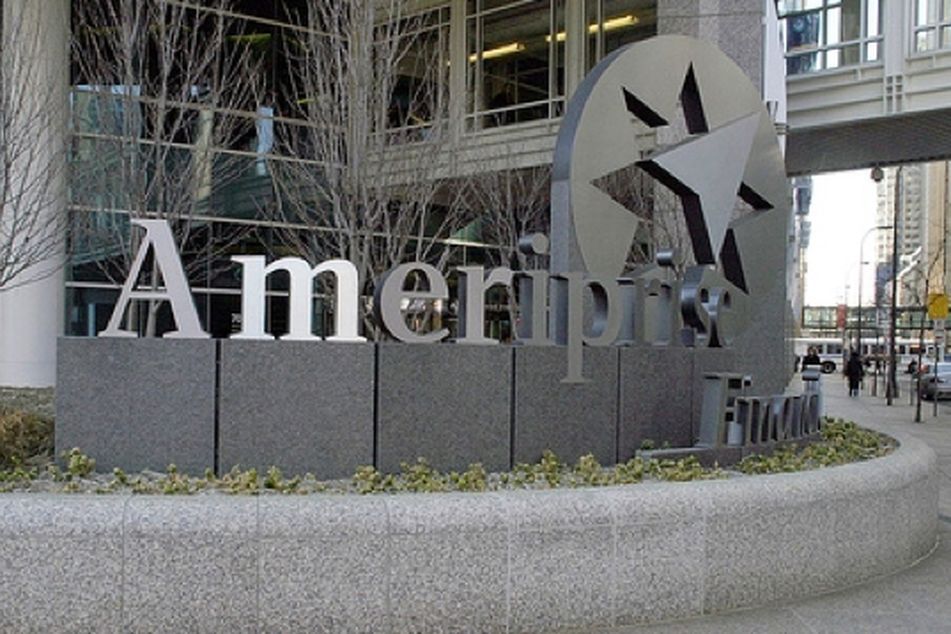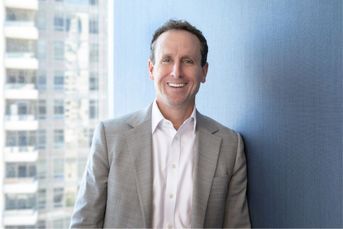Court ruling goes against Securities America
 Judge reportedly zeroed in on parent Ameriprise's relationship with its B-D. (Photo: Zach Korb)
Judge reportedly zeroed in on parent Ameriprise's relationship with its B-D. (Photo: Zach Korb)
A judge shoots down a possible class-action settlement between Securities America and private placement investors, leaving the brokerage's future in doubt
Late Friday afternoon, a federal judge in Dallas failed to approve a $21 million class action settlement between Securities America Inc. and clients suing the firm over private placement investments that went bust.
The hearing for the proposed settlement was closely watched. As part of the proposed settlement, dozens of clients suing Securities America in arbitration would have been forced to drop those claims and join the class action lawsuit.
During the hearing, Judge W. Royal Furgeson Jr. focused on Securities America Inc.’s business model and its relationship with its parent company, Ameriprise Financial Inc., said several lawyers who attended the hearing.
Part of Mr. Furgeson’s line of inquiry was how Ameriprise benefited from positive revenue growth at Securities America while insulating itself from the potential liability of Securities America brokers who sold high-risk private placements, lawyers said.
One issue Mr. Furgeson focused on was “the movement of money between Securities America business entities and Securities America and Ameriprise entities,” said David Neuman, a plaintiffs’ attorney who spoke at the hearing on behalf of one investor, Adrienne Albino.
Mr. Furgeson was also keenly focused on Securities America’s levels of capital and its insurance, lawyers said. Between 2003 and 2009, Securities America brokers sold $400 million in two series of Reg D offerings that are now in default.
“We are disappointed that the settlement was not approved,” said Janine Wertheim, a company spokesman.”The alleged frauds perpetrated by Medical Capital and Provident Royalties have harmed thousands of investors and companies, including Securities America and our clients. While Securities America is not responsible for these frauds, the settlement we had agreed upon with plaintiffs’ counsel would have provided compensation for clients who are unlikely to recover substantial funds from Medical Capital and Provident Royalties, both of which are in receivership.”
She did not respond to questions regarding Mr. Windorski’s comments about the firm’s solvency.
Ben Pratt, a spokesman for Ameriprise, did not return calls seeking comment.
The Securities and Exchange Commission charged the two sponsors of the two Reg D offerings, Medical Capital Holdings Inc. and Provident Royalties LLC, with fraud in July 2009. Since then, numerous broker-dealer — including Securities America — have fended off legal claims from clients and inquiries from the regulators with the Financial Industry Regulatory Authority Inc., as well as state securities cops.
Securities America, with more than 1,800 advisers and $400 million in revenue per year, is by far the largest and most prominent of the dozens of independent broker-dealers that sold Medical Capital and Provident.
Daniel Girard, the attorney for the class action plaintiffs, said: “We’re disappointed but we understand and respect the court’s ruling.” He added that two groups of lawyers at the hearing, the receivers for both Medical Capital and Provident Royalties, spoke in support of the settlement.
Mr. Furgeson’s decision could have a dramatic impact on the future of Securities America’s reps and advisers, as well as investors suing the firm in claims under Finra’s arbitration system.
Earlier Friday morning, Securities America’s chief financial officer, Kelly Windorski, testified that Securities America could go bust if Mr. Furgeson did not approve the proposed settlement.
“‘End of the firm’ was the sum and substance of” Mr. Windorski’s testimony, said John Chapman, a plaintiff’s attorney who represents 70 Securities America investors with claims for losses totaling about $25 million.
In his testimony, Mr. Windorski said that, if a settlement was not approved, the firm could go out of business soon due to defense costs and arbitration awards.
Friday’s hearing in U.S. District Court in Dallas was part of a process determining whether Securities America clients could continue their individual claims over soured Reg D offerings — or would be required to drop those claims and become part of a class action.
That class action also involves Ameriprise Financial, Securities America’s parent. Ameriprise said recently it had reached a $28 million preliminary settlement with the class plaintiffs.
Mr. Girard, attorney for the class action plaintiffs, said he did not want to comment about the Ameriprise settlement. Mr. Furgeson’s decision pushes the class action lawsuit, Billitteri v Securities America et al., back to where it originated in U.S. District Court in the Central District of California. The case was moved to Dallas and landed before Mr. Furgeson this winter because he is overseeing the class action claim against Securities America and other broker-dealers that sold Provident Royalties investments.
Securities America’s bid to reach a settlement with investors has cost the brokerage millions in legal fees. During the hearing on Friday, the B-D’s employees and lawyers said that Securities America was spending between $1.5 million and $2 million each month on legal fees, according to lawyers at the hearing.
Just last month, executives at Securities America lauded Mr. Furgeson’s decision to issue a temporary restraining order on arbitration cases against the firm. “We are pleased that the judge is willing to consider the agreement reached by the parties,” wrote Ms. Wertheim, ”We believe this represents good progress as we pursue a resolution to this matter.”
Learn more about reprints and licensing for this article.








